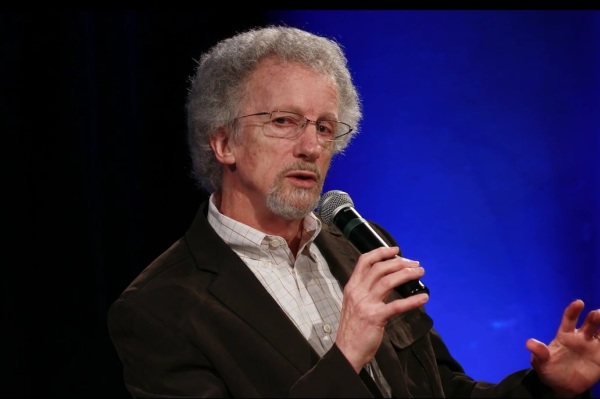Unintended pregnancy rate reductions likely due to less sexual activity — not more contraceptive use

The Washington Post ran a story about the recent decline in sexual activity among Americans. Indeed, new data from the General Social Survey (GSS) shows that in 2018, the percentage of Americans who reported having no sex during the past year reached an all-time high. This shift was partly due to changing demographics. America is aging and people generally become less sexually active as they age. However, what was interesting is that new GSS data revealed that there was a significant decline in sexual activity among young adults. The GSS data found that the percentage of Americans aged 18 to 29 who reported having no sex in the past year doubled between 2008 and 2018 and currently stands at 23 percent.
The Washington Post article cites several possible reasons for this decline in sexual activity among young adults. The reduction is partly due to the fact that people are marrying later in life. Additionally, young men are less likely to be participating in the labor force and are more likely to be living with their parents. The Washington Post story also suggests that the increase in entertainment options, including social media and console games, might be playing a role as well. In recent days, a number of other media outlets have run stories about this new data including FoxNews.com, The New York Post, The Washington Examiner, and The Hill.
This reduction in sexual activity among young adults is certainly noteworthy. However, media outlets have not used this new data to engage ongoing debates about the reduction in the unintended pregnancy rate, which started in 2008. Countless pundits have credited the contraceptive mandate that was included in the Affordable Care Act (ACA). However, there are several reasons to be skeptical of this. First, many policy efforts to promote contraceptive use have not succeeded in lowering unintended pregnancy rates. Additionally, the reduction in the unintended pregnancy rate predates the enactment of the ACA. The decline started in 2008; however, the ACA was signed into law in 2010 and much of its implementation did not start until 2011.
Conversely, this reduction in sexual activity among young adults nicely coincides with the decline in the unintended pregnancy rate and therefore provides a far more compelling explanation. Unsurprisingly, however, the media are ignoring this. Many political liberals view high levels of premarital sexual activity as inevitable. In reality, rates of sexual activity are often affected by changes in both societal mores and public policy. Guttmacher’s own research shows that the availability of oral contraceptives increased rates of sexual activity among unmarried teenagers. Additionally, data from multiple sources show a steady decline in teen sexual activity since the early 1990s. Unfortunately, media coverage of the decline in the U.S. teen pregnancy ratelargely ignores these trends and focuses only on increases in teen contraceptive use.
Overall, there is little evidence that this recent reduction in sexual activity among young adults is due to either greater religiosity or changing attitudes on sexual issues. The economic and demographic factors that are presented in The Washington Post article likely provide the best explanation for this decline. That said, it would be nice to see the mainstream media actually use this new data to engage ongoing debates about the decline in the unintended pregnancy rate, instead of reciting the same tired talking points about contraceptive use.
Originally posted at cnsnews.com





















